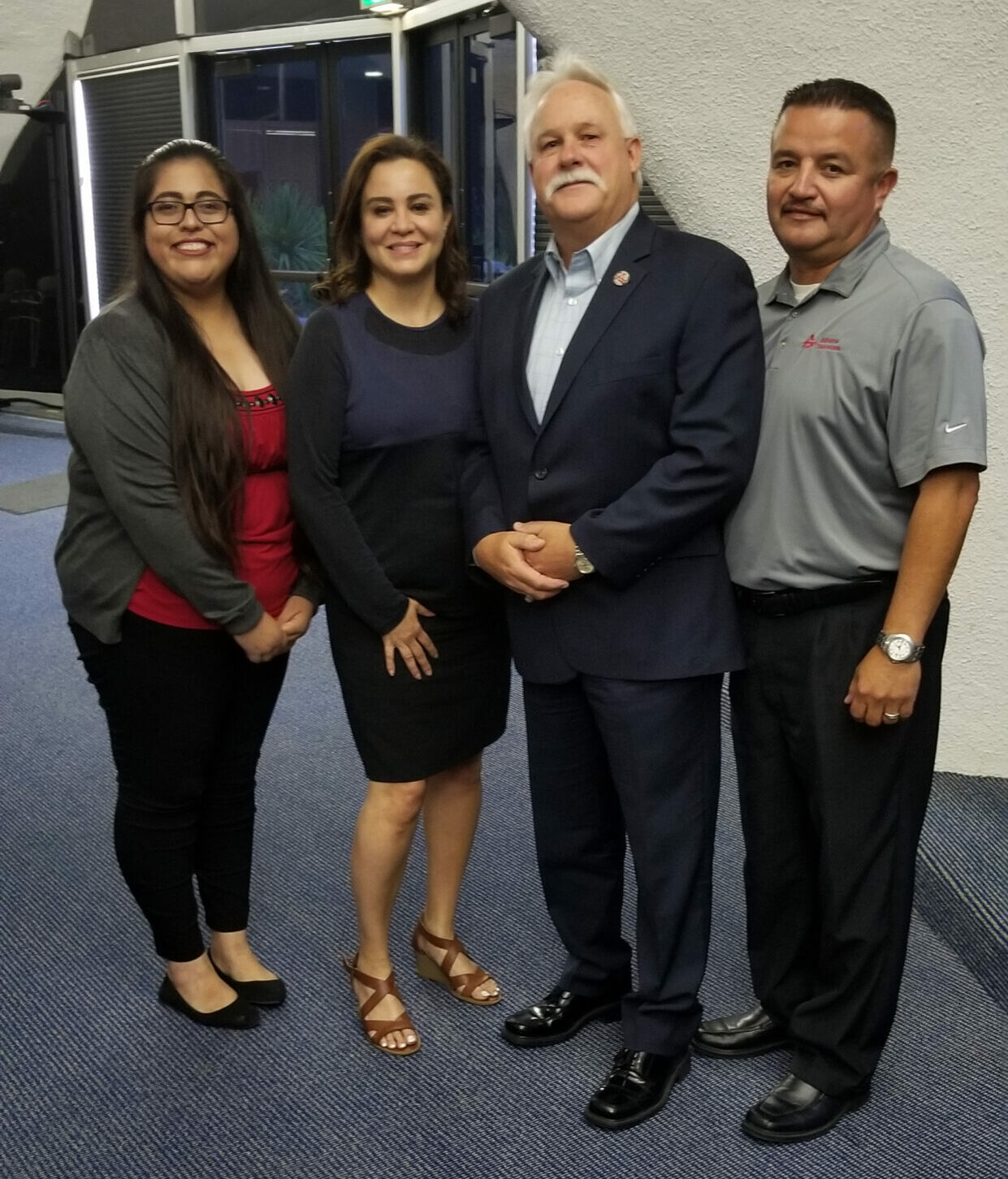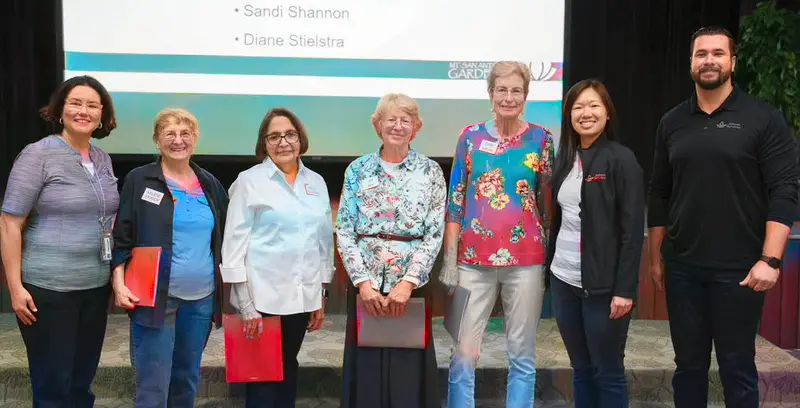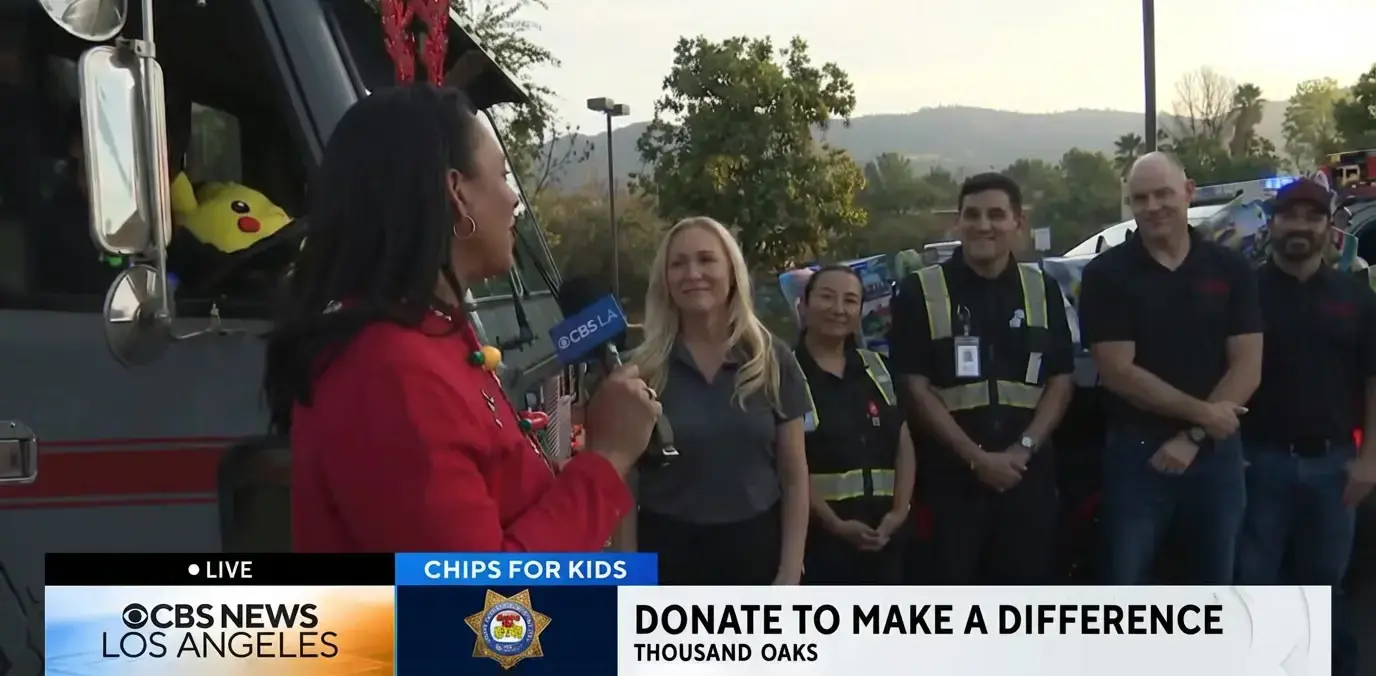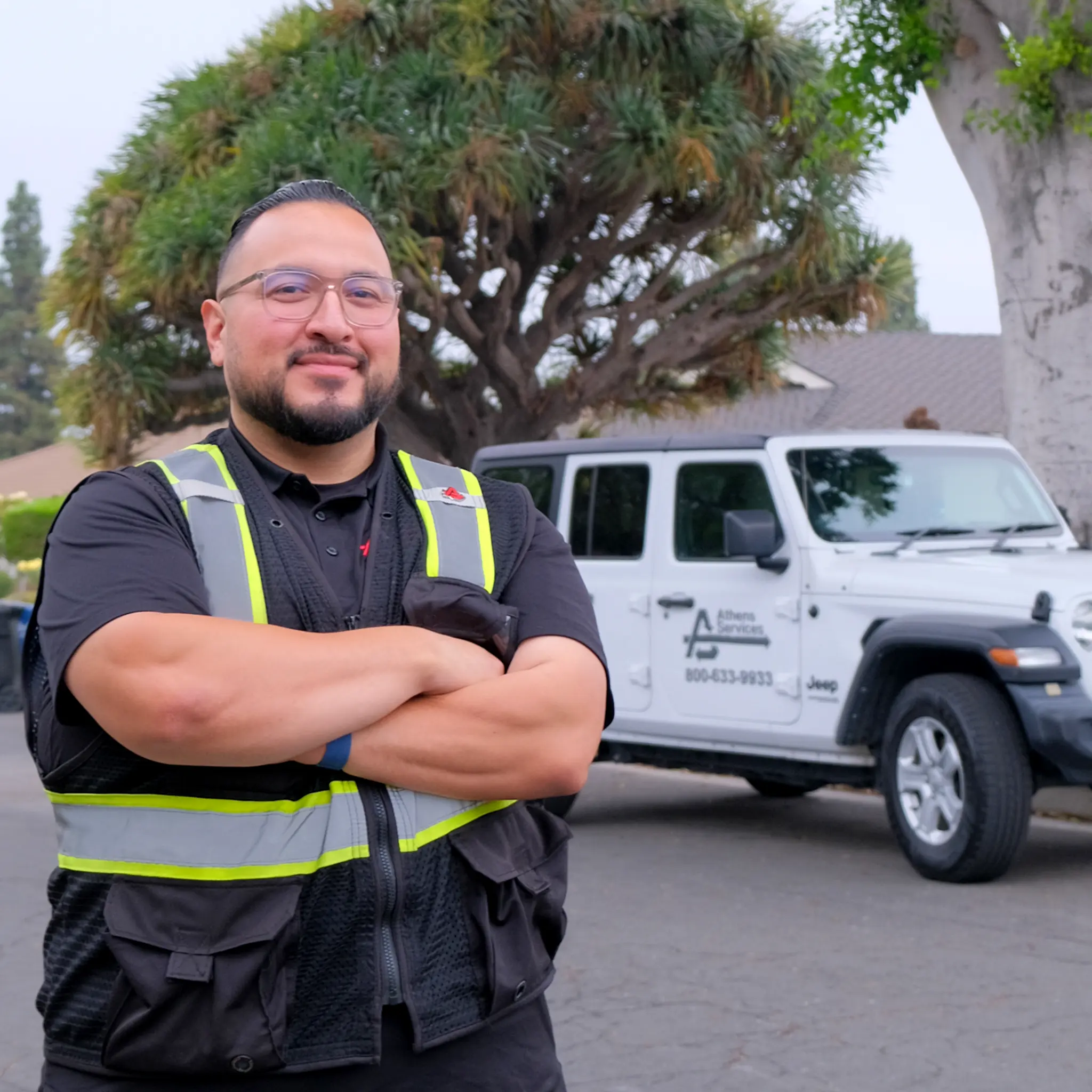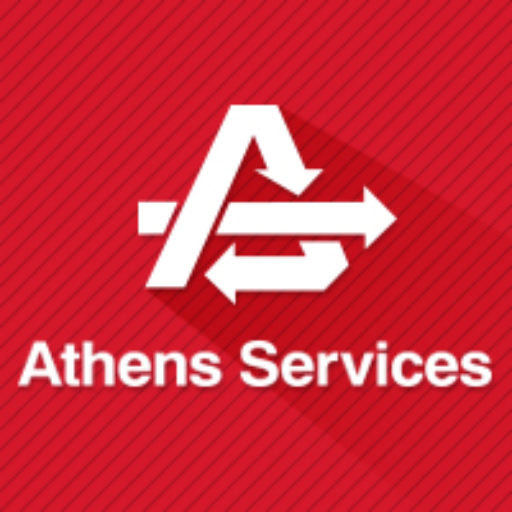 By Gary Clifford,
By Gary Clifford,
Executive Vice President,
Athens Services
When municipal waste and recycling contracts near their end, municipalities are faced with the request for proposal (RFP) process. Issues such as price, quality and reliability of service, and compliance with local, state, and federal regulations all must be taken into account when reviewing proposals from RFP respondents.
Specific considerations include:- Cost. Weighing current costs to the agency and its constituents vs. potential cost increases – or cost savings – under a different service provider.
- Educating constituents regarding changes in service (e.g., materials provided, service schedules, where to go for information, service, billing, etc.)
- Ensuring that quality of service does not suffer during and after the transition.
- Complying with existing and future regulations For example, California’s new regulation to reduce Short Lived Climate Pollutants (SB 1383) – which goes into effect in 2020, with enforcement beginning in 2022 – provides for enforcement actions for non-compliance against public agencies, including penalties of up to $500 per day or $50 per violation per day.
- Service Implementation. How much inconvenience will constituents endure during the transition?
While these issues are important to the municipality and the respondent, what about the customer and impact during service implementation?
The need for expertiseAgencies often turn to consultants for their expertise and advice. However, haulers themselves can be a valuable resource as well, as they deal with multiple agency contracts. When cities and haulers work together, the likelihood of a successful transition increases.
Three key steps underpin each successful transition, regardless of its size and scope:- Plan thoroughly.
- Communicate early and often.
- Work as one team with the selected provider.
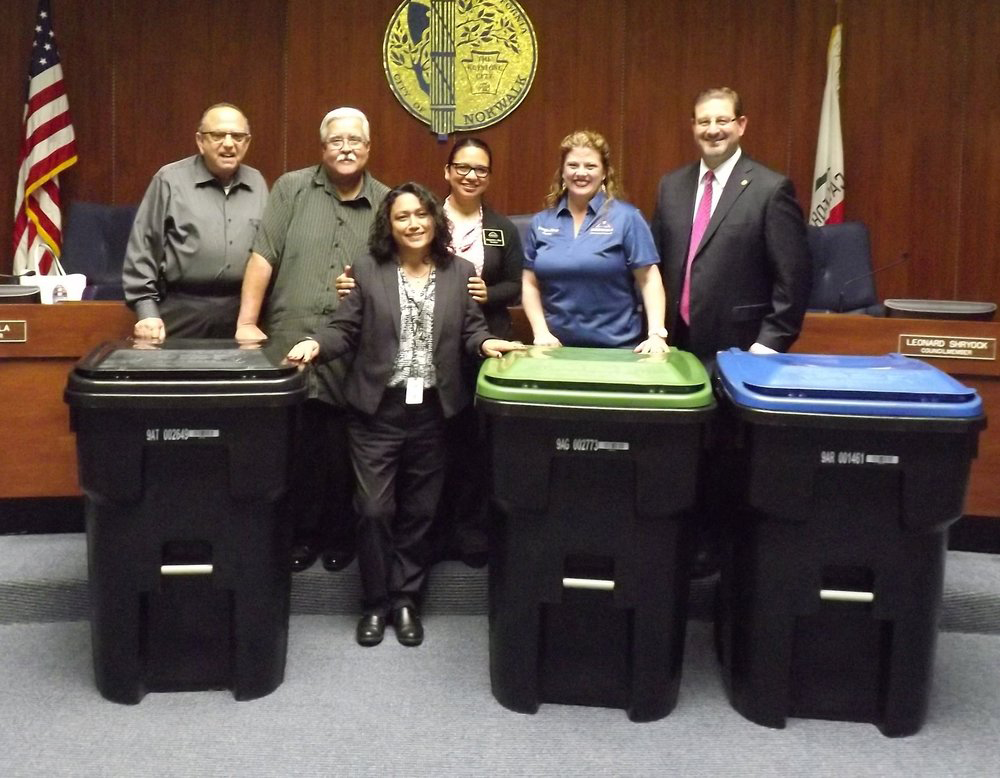 Case Study: Norwalk, California
Case Study: Norwalk, California
In April 2018, the Norwalk City Council selected Athens Services as its new solid waste and recycling service provider. Under the new agreement, Athens would be required to begin services citywide in four months, on Aug. 1, 2018. The average length of time for a transition of this size is about six months.
Step 1: Plan thoroughly.Having a thorough plan is essential to success. To meet the city’s timeline, Athens’ transition team and Norwalk city staff developed a transition schedule based upon a review of the new contract timeline. Schedules with specific activities were developed for procurement, outreach and education, hiring, container deployment, billing, and route development.
The City of Norwalk, the two previous service providers, and Athens Services collaborated in developing an extensive list of residential and commercial customers. This list was utilized in the transition from the previous service providers to Athens. This information was used to develop the database needed to communicate with customers.
Athens’ transition team completed a full audit of residential and commercial services. The audit was used to develop specifications for equipment procurement and routes. Athens’ routing experts, recycling coordinators, IT staff, operations managers, and drivers collaborated in collecting data, developing preliminary routes, and field-testing routes.
Step 2: Communicate early and often.Preparation for a smooth transition from the incumbent haulers to Athens was accomplished through regular meetings with city staff and communication to customers via mailings and in person.
Athens worked closely with City staff to design and distribute outreach and marketing materials, all of which were approved by the City prior to release. Athens arranged onsite visits at city facilities to help engage residents and businesses to inform them of the new program.
Outreach and education included:- Mailers
- Emails
- Community meetings
- Service brochures, which were distributed throughout the community
- Advertisements and articles in local papers
- Literature with schedules, recycling information, and solid waste instructions was attached to every container.
Due to Athens’ extensive outreach program, customers were engaged well before the service implementation date. Every customer in Norwalk was reached by some form of communications from Athens before August 1.
Step 3: Work as a team.Athens representatives and Norwalk staff met weekly prior to the transition date to discuss and resolve transition issues, including administration, collection, customer service, operations, and IT. Meetings produced action plans and timelines to ensure a seamless transition from the incumbent haulers.
Route information was exchanged among the three haulers through transition meetings prior to the transition. Route details included hard-to-service locations and identification of disabled and elderly customers in order to meet special needs.
Container deliveries and swaps were scheduled to meet collection requirements. Container keys were duplicated and numbered noting specific customer needs on daily route sheets.
Extra crews were available during initial container delivery to satisfy resident needs, including delivery of extra bins, changing bin sizes, and ensuring all residents had the service they required.
An Athens supervisor accompanied container delivery personnel in order to monitor the schedule and respond to customer questions and issues.
All of this work paid off with happy customers, and happy city officials. On the one-year anniversary of the Norwalk transition, City Manager Jesus Gomez observed, “It was a very smooth transition, and it continues to be that way.”
ConclusionThe Norwalk transition illustrates the importance of planning thoroughly, communicating with staff and customers early, and working as a team to minimize the impact on customers.
Transition expertise cannot be developed overnight. This is a process Athens Services has developed and refined over 60 years. Time and experience have shown consistently that following these steps helps to smooth the path of transitioning large and complex public services in a short period.
Athens Services is L.A. County’s largest privately owned waste and recycling company. Athens is family- owned and- operated, since 1957. Today, Athens proudly serves more than 30 municipalities in L.A. County. Customer Service
Customer Service Bulky Pickup
Bulky Pickup Request Services
Request Services Pay Bill
Pay Bill
